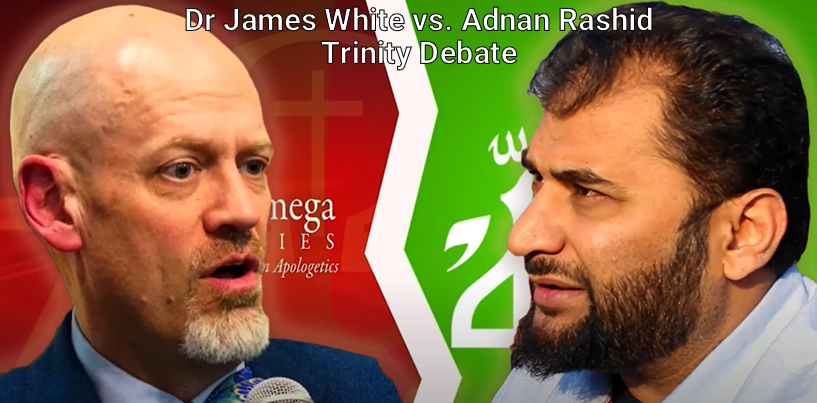Reflections on the Baptist Confession of Faith of 1689
23 Aug 14 began a perhaps unbroken, orderly, and personal journey through my favorite written confession of faith. These are my personal reflections on this beloved historic Particular Baptist confession of the Christian Faith.
NEXT-
Chapter 20. “Of the Gospel, and the Extent of the Grace Thereof.” Paragraph 2b: “…neither do the works of creation or providence, with the light of nature, make discovery of Christ, or of grace by him, so much as in a general or obscure way; much less that men destitute of the revelation of Him by the promise or gospel, should be enabled thereby to attain saving faith or repentance.”
“The heavens are telling of the glory of God; And their expanse is declaring the work of His hands. Day to day pours forth speech, and night to night reveals knowledge. There is no speech, nor are there words; their voice is not heard.” Psalm 19:1 (to that same group, Israel, cf: Psalm 50:6; 97:6). That message heard under heaven, however, is never able to communicate this: “Let it be known to all of you and to all the people of Israel, that by the name of Jesus Christ the Nazarene, whom you crucified, whom God raised from the dead—by this name this man stands here before you in good health. He is the stone which was rejected by you, the builders, but which became the chief corner stone. And there is salvation in no one else; for there is no other name under heaven that has been given among men by which we must be saved.” Acts 4:10-12. The “message” of creation itself evidences that the God who made it is, like a painting demands a painter, but it’s only a witness like this: “He did not leave Himself without witness, in that He did good and gave you rains from heaven and fruitful seasons, satisfying your hearts with food and gladness.” Acts 14:17. It’s never this: “Do not be ashamed of the testimony of our Lord or of me His prisoner, but join with me in suffering for the gospel according to the power of God, who has saved us and called us with a holy calling, not according to our works, but according to His own purpose and grace which was granted us in Christ Jesus from all eternity, but now has been revealed by the appearing of our Savior Christ Jesus, who abolished death and brought life and immortality to light through the gospel.” 2 Timothy 1:8-10. Special revelation is separate from general revelation. Both are from God. Only one saves from hell.
You don’t learn what Peter meant in Acts 4 (cited above) without God first filling Peter’s heart with something that didn’t come to him from the witnesses of creation, but instead came only from what we call, “Special revelation.” Peter, an Apostle, was given special revelation. That revelation, the truth of which must still come from God for us today, is WRITTEN. 66 letters-worth of it! Every believer receives the truth of it from the same source (God) today (1 John 2:27) but it was first given to men like Peter, who were with Jesus. “Blessed are you, Simon Barjona, because flesh and blood did not reveal this to you, but My Father who is in heaven.” Matthew 16:17. Knowledge of Jesus, and/or that he is the Christ, is a gift from God. It is life itself. A deposit made into the hearts and minds of his elect at his pre-creation appointed times. All of revelation (39 books of the Old Covenant) was like that in the Old Covenant with the Hebrews (Romans 9:3-5). They, God’s covenant people, were given his words. It’s the same today, expanded by 27 letters, for those of Christ’s church, now both of Gentiles and Jews.
What the confession is doing here is upholding the precious, all-sufficient nature of God’s written revelation. It is the canon. Scripture (its writings) is now specifically what we mean by, “Special revelation.” It’s that selection of God’s writings that has been the salt among all of us since soon after Jesus Ascended. This is surely what Jude meant when he spoke of the Christian religion like this: “…the faith which was once for all handed down to the saints.” Jude 3. It is written. We need it written, or else we need popes, prophets or tract societies. The statement (I’m told wrongly) credited to Francis Assisi that goes, “Go into all the world and preach the gospel, and if necessary, use words” is woefully incorrect no matter who said it. The Gospel is a message preached. 1 Corinthians 1:21. This is the seed, sown in the soil of a person’s heart, through which, God brings forth life.








Leave a Reply